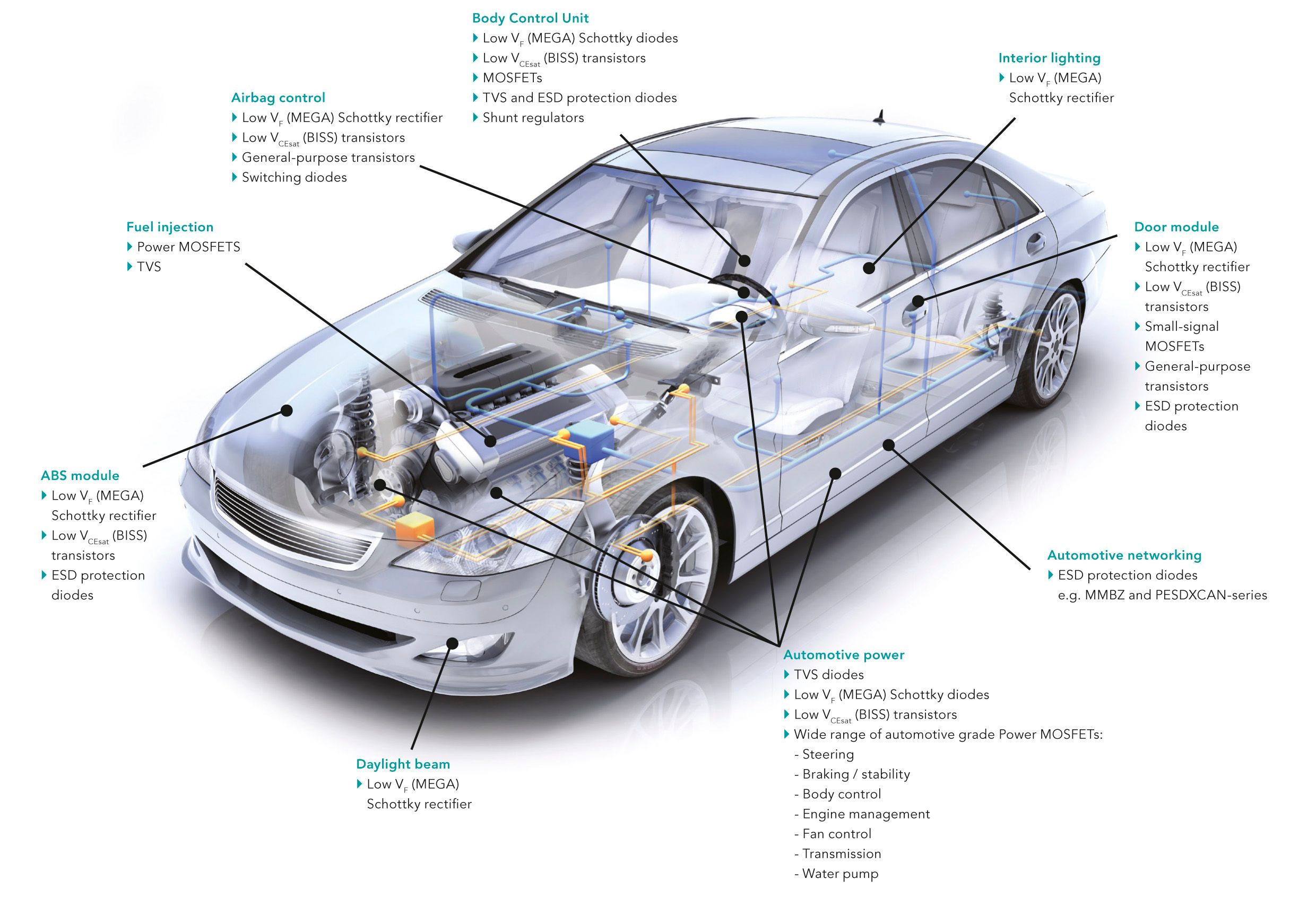Late last year, the U.S. Department of Transportation announced that roadway deaths fell by nearly 25 percent in a decade, reaching an all-time historic low. The announcement came as part of a report that showed a 3.1 percent decrease in traffic deaths between 2012 and 2013, while injuries declined by 2.1 percent in the same time period.
However, the encouraging statistics come amidst a glut of automotive recalls that could possibly threaten to reverse this trend. Acura,->ke10 for example, recently announced it was recalling nearly 50,000 MDX->ke1875 SUVs->ke145 and RLX->ke4673 sedans.->ke142 The problem? A malfunction in the automated “Collision Mitigation Braking System” that would cause the vehicle to unexpectedly brake, potentially causing a rear-end collision.
However, that hasn’t stopped safety advocates from calling for more widespread adoption of autonomous safety features like automatic braking. While mainly found as an optional extra on many high-end vehicles at this time, organizations like the National Transportation Safety Board would like to see the systems become standard equipment throughout the auto industry, similar to airbags.
Furthermore, the NTSB wants these features installed with no increased cost for consumers. “You don’t pay extra for your seat belt, and you shouldn’t have to pay extra for technology that can help prevent a collision altogether,” said Christopher Hart, chairman of the NTSB.
The agency recently released a 60-page report advocating more widespread adoption of features like automatic braking. The report suggests that more than 80 percent of the 1,700 deaths and 500,000 injuries incurred in the 1.7 million rear-end collisions in 2012 could have been lessened or eliminated altogether had technology like (functional) automatic braking been in place.
Which begs the question: is this recent proliferation of new safety systems actually good or bad for the consumer?
Continue reading to learn more.
Meeting in the middle
Like any new technology, unforeseen malfunctions, including those that are potentially dangerous, are possible when first used in untested real-world scenarios. For example, Michelle Krebs, a senior analyst at Autotrader, points out that when airbags were first introduced, the high inflation pressures could potentially injure smaller individuals, prompting an adjustment by automakers. "Unfortunately some of these will only be discovered in real-world settings with real people behind the wheel," she said, adding that like air bags, autonomous braking has the potential to save thousands of lives.
Broadly speaking, traffic deaths and injuries are in decline due to the advance of safety technologies (not to mention engineering advances in the structures of vehicles). Newer tech like autonomous braking will surely help to further this trend, but in the rush to implement the latest and greatest gadgetry, it seems as though recalls like this are inevitable.
The proliferation of new, autonomous features we’re currently seeing is staggering. A quick rundown would include adaptive cruise control, lane assistance, blind spot monitoring, self-park, cross-traffic monitoring, and attention assist, among others. With so much new stuff, Acura’s 50,000-vehicle recall over faulty auto-brakes seems… well, normal.
Part of this too is the huge number of vehicle recalls we’ve experienced over the last few years. 2014 was the worst year on record for U.S. auto recalls, with one Bloomberg report putting the final tally at more than 60 million vehicles.
One of the more egregious contributions to that figure came from General Motors,->ke1024 which was forced to recall millions of vehicles over faulty ignition switches. The issue stemmed from a defective “switch detent plunger” that did not provide enough torque to keep the ignition from unexpectedly switching off. One Reuters report estimates the tally for fatalities linked to the malfunctioning switches to be at 153. Federal prosecutors are currently weighing criminal charges against the automaker.
Unfortunately, 2015 isn’t looking much better. Last month, Japanese auto-parts supplier Takata caved to pressure from U.S. regulators and agreed to a recall of 33.8 million vehicles over faulty airbags. The airbags were installed with incorrectly manufactured propellant that could potentially cause the metal canister in the airbag system to burst in a crash, sending metal fragments towards the driver and passengers.
In total, 17 makes are affected. It’s believed the defect has been the cause of six deaths and over 100 injuries worldwide. At nearly 34 million vehicles affected, the recall is not only the largest auto recall in U.S. history, but the biggest single product recall in U.S. history as well.
As the auto industry moves towards widespread acceptance of more and more autonomous features, presumably with the goal of full autonomy sometime in the near future, consumers must stay vigilant and hold companies responsible for their actions.
It’s a chaotic time, for sure – sales are bouncing back, and in response, technology is progressing at a parabolic rate. I wouldn’t be surprised if the inevitable transition to fully autonomous vehicles is met with further complications, but hopefully, they won’t come with dire consequences.
My advice: do your homework, protect yourself, and don’t rely on governmental agencies to have your back. And while it’s exciting to be an early adopter, make sure you know what you’re getting into.

